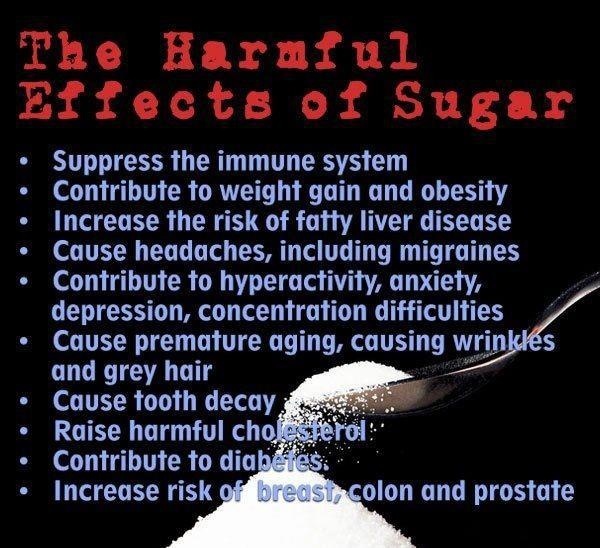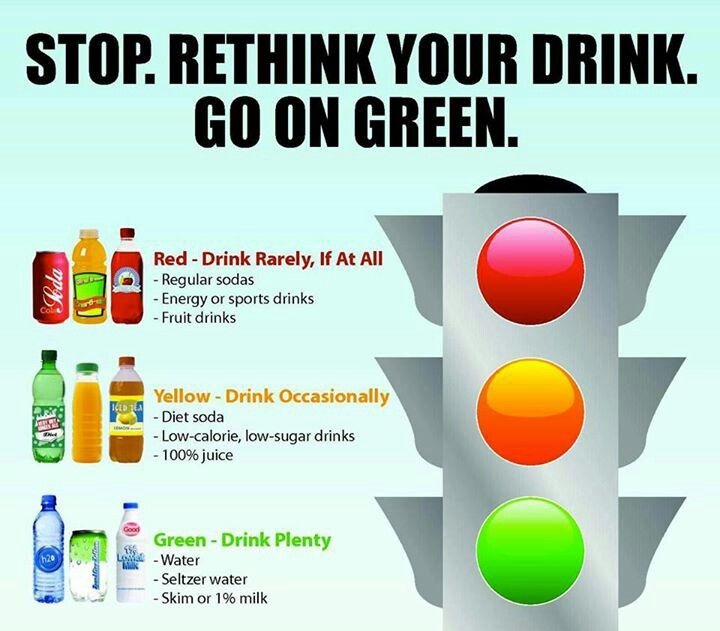
The verdict is in. And, we shouldn’t be surprised. Health campaigners have been talking about how bad sugar is for years. Sugar has been linked to obesity and suspected of, or fully implicated, as a cause in the occurrence of type 2 diabetes, cardiovascular disease, dementia, macular degeneration and tooth decay. The truth is processed sugar does not contain any health benefit. It lacks fiber, minerals, proteins, enzymes, fats or anything that the body needs for healthy development. Sugar provides energy but no nutrients, just empty calories.

Is sugar toxic for the body? Lewis Cantly, cancer researcher, has been studying sugar as the main contributor to the rise in cancer. He says that this is because insulin causes so many adverse affects to cells in the body. Eating sugar equals increased insulin! So limiting our sugar intake decreases our chances of contracting cancer. Another study by Kimber Stanhope, a nutritional biologist, shows that participants consuming sugar had increased blood levels of LDL cholesterol ( the bad one), and cardiovascular disease. This can happen in just two weeks of increased sugar intake, so imagine what years can do to our cholesterol and heart condition.
If you think you’re eating too much sugar, consider that the American Heart Association recommends no more than 6 teaspoons of added sugar a day for women and 9 teaspoons a day for men, but most American consume more than 22 teaspoons daily. Sugar is highly addictive and lurks in all sorts of unexpected places, like white bread, barbecue sauce and cereal bars making it easy to eat more than the recommended daily allowance of 90g. When we eat sugar, our body releases serotonin (the happy hormone) which makes us want more – the trouble is, that sugar is converted into fat within the body.
Fortunately, the same hormone can be released by exercise, which is a much better way to keep your meals low on sugar. Burn off that extra sugar with exercise (walking, bike riding, gardening anything to get your moving consistendly for at least 20 minutes)
Here’s some help to quit the sugar addiction:
- Avoid fizzy drinks, as one can of Coke contains 39g of sugar: equivalent to nine teaspoons of sugar.
- Stop taking sugar in your tea and coffee
- Bake your own cakes so you know exactly what goes into them. You could experiment with reducing the amount of sugar in the recipe, or look around for recipes that are naturally low-sugar.
- Make sure you know what you’re really craving. If you feel you want a biscuit, (like the ones at Cracker Barrel) try some wholemeal toast with unsalted butter instead, as chances are your body is actually asking for carbs.
- Add dry dried fruit and nuts to your cereal instead of sugar. They’re a healthier addition that still sweetens up your breakfast.

Some more considerations: Rethink Your Drink:

Final sugar note for women in menopause, sugar is a component in the diet that can exaggerate any hormonal symptoms, igniting a cocktail of emotions when stress is added. Women in menopause need to be especially careful to eat healthy to control weight and health risks.
What’s your sugar verdict? Are you guilty of not examining how much sugar you consume on a daily basis? Have you examined your daily sugar intake to limit the health risks associated with diet high in sugar?

Nice article! Yes I was surprised as well when I 1st learned of the 3 main food types – carbs, protein & fat. Nothing else. So most of the food we consume is a carb and the body makes no distinctions between a spoonful of sugar, a slice bread, a bottle soda, or a bag of chips. If the food we eat it is not a protein or a fat, it is a carb. Scary! Thanks for sharing the final verdict! Oh and very nice dress! Love the shoes. Luv ’em!
Terri,
Thanks for your additional insight with sugar. I appreciate you stopping by and your kind words.
You look awesome! Great article.
Cynthia,
Glad you found the information provided about sugar helpful, and thank you for your kind words.